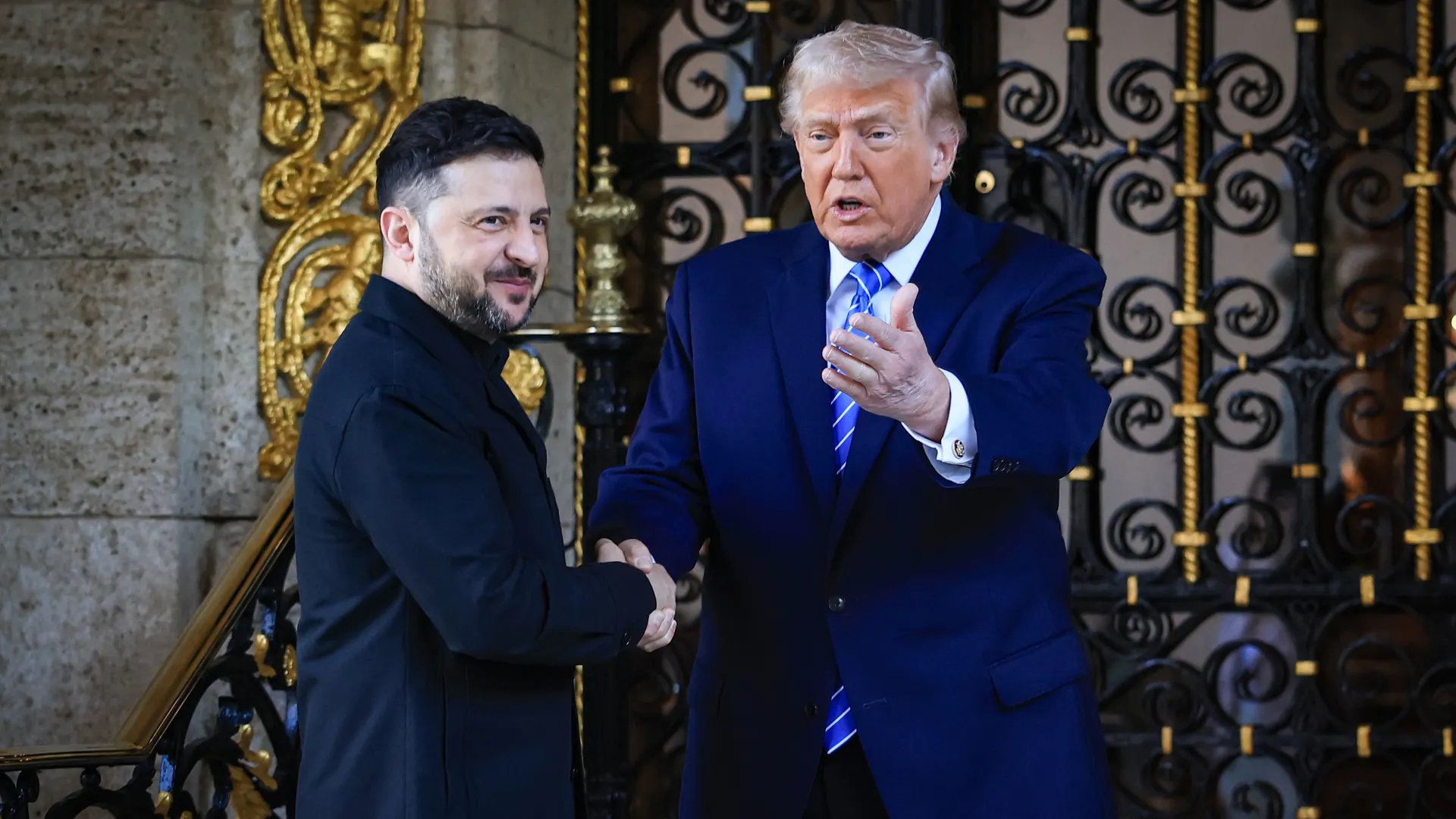SAN FRANCISCO, CA – Palestinians from Gaza and Palestinian-Americans appeared before a three-judge panel of the Ninth Circuit Court of Appeals this week, contending it is within the constitutional obligation of the courts to listen to their pleas, according to the Center for Constitutional Rights.
CCR wrote the plaintiffs arrived with the claims that President Biden, Secretary of State Blinken, and Secretary of Defense Austin have neglected their legal responsibility to prevent, and are complicit in, what they describe as Israel’s genocide in Gaza.
Previously, CCR noted, a lower court acknowledged the plausibility of genocide and advised the Biden administration to reconsider its unwavering support for Israel’s blockade of Gaza. But the court dismissed the lawsuit in January, asserting it wasn’t appropriate for the court to adjudicate what it deemed a “political question.”
“Nine months into this genocide, I have lost everything and I am living on what used to be sidewalks of cities I barely recognize,” said Ahmed Abu Artema, a plaintiff in the lawsuit currently in Gaza.
Artema added, “An Israeli airstrike killed my son and my relatives. My other children and I barely made it out alive. I’m sitting here in Gaza amidst this genocide and a renewed Nakba, looking to the U.S. court system to do its job.”
However, said CCR, U.S. government lawyers representing President Biden and his cabinet instead cited the “political question” doctrine, arguing that decisions falling under “foreign policy” even through those enabling genocide through weapon provision, are beyond judicial scrutiny.
The defense said the relief sought by the plaintiffs would not mitigate their grievances since, according to the defendants, they “lack the capability to influence Israel’s conduct.”
In response, lawyers from the Center for Constitutional Rights and Van Der Hout LLP challenged the invocation of the political question doctrine, arguing, “When policy choices transgress into legal violations, as in this case, courts are obliged to intervene under the separation of powers principle.”
These lawyers emphasized, said CCR in its statement, the historical precedent of courts scrutinizing foreign policy decisions for compliance with domestic and international law, citing examples ranging from the nation’s inception to post-9/11 cases involving “enemy combatants.”
The lawyers maintained, “Aiding and abetting genocide cannot be construed as a mere policy discretion,” and highlighted the substantial support the U.S. has provided historically and since October 7, including vast quantities of ammunitions, highlighting the country’s crucial role in facilitating Israel’s genocidal actions.
“Today, the Palestinian and Palestinian-American plaintiffs urged the court of appeals to deny the Biden administration a blank check to carry out so-called ‘foreign policy’ without the constraints of law or judicial oversight when their conduct amounts to aiding and abetting an ongoing genocide,” remarked Katherine Gallagher, a senior staff attorney at the Center for Constitutional Rights.
“That is not how a constitutional system based on separation of powers works. The court is well positioned to assess defendants’ conduct in supplying billions of dollars in weapons being used to kill or harm Palestinians in Gaza against clear international and domestic laws prohibiting complicity in genocide,” continued Gallagher.
The oral arguments coincided with Israel’s recent military siege in Rafah, which has drawn more renewed attention to the substantial U.S. backing for what critics term a “genocidal assault,” reminded CCR in its statement.
According to the CCR, these actions include the use of U.S.-manufactured bombs by Israel in attacks that took numerous lives in a displaced persons camp in Rafah May 26, as well as an assault on a UN-operated school sheltering displaced individuals in the Nuseirat refugee camp.
As noted by the CCR, throughout this campaign, the Biden administration has supplied over billions of dollars in weaponry and offered steadfast diplomatic support, contributing to an estimated death toll of 38,000 Palestinians, among whom over 15,500 are children.
“The exacerbation of starvation, tied with Israel’s obstruction of humanitarian aid deliveries, suggests a grim outlook, with expectations of a significant increase in Palestinian lives,” charged CCR, noting, concurrently, condemnation for Israel’s actions are growing on a broader, worldwide scale.
“After losing close to 100 family members in this genocide, the least I could do is sue this administration for their complicity in justifying and sending money and weapons to Israel,” replied Basim Elkarra, CAIR action executive director and one of the plaintiffs in the case from January.
“Our fight is not just for justice today, but to set a precedent that aiding and abetting genocide is indefensible. We are here to demand accountability and to uphold the principles of humanity and international law,” Elkarra added.
The lawsuit that was filed in November now asks the court to enjoin the Biden administration from providing weapons for Israel’s genocide.
According to the CCR, in January, Federal Judge Jeffery S. White largely endorsed the factual case put forward by the plaintiffs, and his finding that Israel’s assault was deemed a plausible case of genocide that echoed the historic ruling by the International Court of Justice (ICJ).
However, CCR added, Judge White dismissed the case, invoking the political question doctrine. The ICJ has since issued a similar ruling in a related case that warns states, like the U.S., not to breach their obligations to prevent genocide when supplying Israel with arms.
Marc Van Der Hout, of Van Der Hout, LLP in San Francisco, co-counsel in the case, stated, “The U.S. supported massacres of tens of thousands of innocent Gazan civilians, many of whom are women and children, and the almost complete destruction by Israel of entire cities and villages throughout Gaza, cannot in any way be justified under international or U.S. law in the name of, ostensibly, trying to eradicate Hamas. As President Biden himself has said many times, no president is above the law. That includes him.”
Eight amicus briefs—from legal scholars, former diplomats and servicemembers, human rights groups around the world, and others—have been filed in support of the appeal, said CCR.




